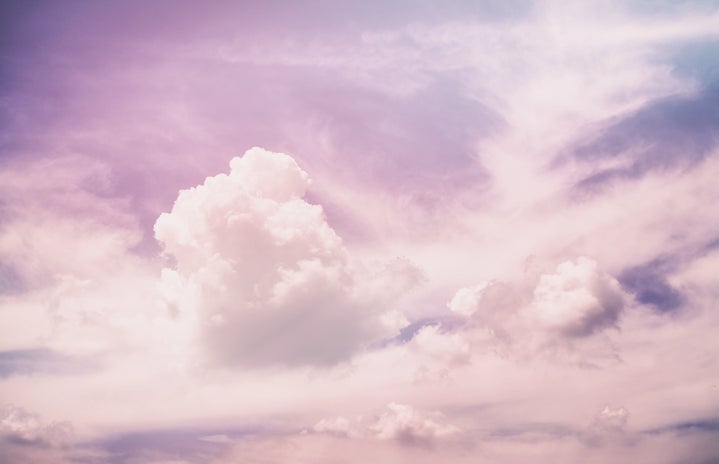Let’s have a talk about seasonal depression, the thing that seems to pop up every year and affect people, but no one ever wants to speak about it. Seasonal depression is defined as “a type of depression that’s related to changes in seasons.” It can happen during any seasonal change, but most know it as happening in the fall to winter span, right around when the time change happens, and the colder season makes an appearance.
Seasonal depression, like other mental illnesses, seems to be brushed over. Some would rather pretend it doesn’t exist at all or just overlook it and call it an excuse then to help the person suffering. The thing with seasonal depression is the fact that it’s literally because of a season change. The main causes of seasonal depression are a disruption of your circadian rhythm (your biological clock). With the time change happening and the amount of daylight being reduced, your internal clock can become wacky. Less sunlight can also mean a drop-in serotonin levels. Serotonin controls many factors in your body from sleep and mood to appetite, sex drive and memory. A drop-in serotonin can mean depression for some and a lack of sunlight can lead to the initial drop. Another symptom is a change in you sleep schedule, either because of the time change and daylight/nighttime hours or because of a drop-in melatonin, which controls and regulates sleep patterns in the body.
Seasonal depression can also be caused by something not biologically related and that would be loneliness. It sucks to say but depression hits some people harder in the fall and winter months. This is the time of year people ready their excuses when family members around the table at Thanksgiving rapid fire questions at them about significant others and love lives and their future. It’s also the time of year where many of us would like to have someone to cuddle up next to on the couch while Netflix plays cringy Christmas films. But sadly, not everyone will have that, and it can lead to a lot of emotions resulting in a feeling of depression. Having friends and family around (most of the time) is a good way to combat this, though it isn’t the type of solution that will work for everyone, all the time.
There are multiple symptoms that come with seasonal depression and many of them mirror non-seasonal depression. Fall to winder on-set depression includes symptoms like oversleeping, changes in a person’s appetite and craving foods that are high in carbs (snack and calorie rich type foods), weight gain, and tiredness or becoming low energy. Symptoms that contribute to seasonal depression can be feeling depressed, losing interested in activities, having low energy, sleeping troubles, appetite or weight issues, difficulty concentrating, having thoughts of death or suicide or even feeling sluggish and/ irritated. Many times, with seasonal depression it will start in the early days of fall and last through winter, seeming to lessen or ever disappear when spring rolls around and the sun and warm weather starts to come out once again. This can also be reversed for the seasons, people having seasonal depression throughout the spring and summer months and feeling more like themselves in the fall and winter months.
Seasonal depression isn’t something to be ignored, just like other mental illnesses. Don’t put it off as something that will go away. It’s okay to seek out help. Some people may rely more therapy sessions to talk through it, while others might need medications to regulated it. Light therapy (also known as phototherapy) might also be used. Light therapy helps to regulated light exposure for those most affected by the lack of sunlight in the fall and winter months and is usually the first method used to combat seasonal depression. For some, something as simple as meditation, tai chi, or music/art therapy will also help.
Mental illness isn’t as talked about as it should be and is overlooked and ignored. If you feel like seasonal depression or even general depression affects you, seek out help. Don’t ignore it, don’t overlook it, be proactive and work to be where you want to be.



